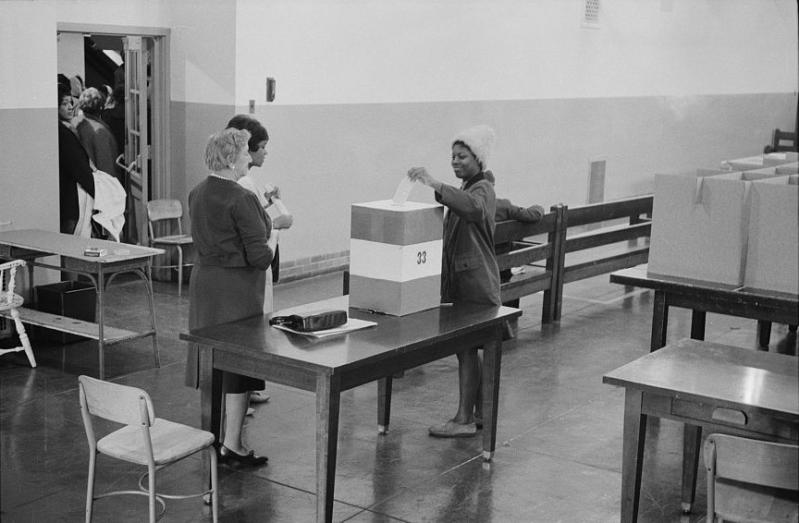From across the Sound comes news of the Connecticut attorney general’s abrupt tanking of an effort to institute ranked-choice voting in the state. This is shortsighted.
“Connecticut cannot implement it in violation of the state constitution,” William Tong wrote last week. “Our state has never used ranked-choice voting; our constitution does not mention it; and I found no evidence that the framers of our constitution intended to authorize it.”
So he’s an originalist. Like a goodly portion of the U.S. Supreme Court, regardless of whether it countervails the wishes of the revolutionary Jefferson, the skeptical architect of federalism Madison, the rogue Hamilton, who were not calcified, but on the contrary saw themselves as hammering out guardrails for the new country, the Great Experiment, on the fly.
Thus, across the placid, glacially formed waters just to our north, somewhere in the heart of the Nutmeg State, one Democratic state representative named Josh Elliott vows to try again with ranked voting, for presidential primaries on down, as he has repeatedly since 2017.
“Keeping ideas alive is one of the most important things that we do,” he told WSHU, the public radio station that if you’re not careful here on the East End you may find feeding you New England news.
“Getting [ranked choice] into law, of course, that’s the final destination,” he said, “but it takes a while to get these things done.”
Unfortunately, doing so runs up against our nation’s longstanding preference for stalemate, for intransigence, for the status quo, no matter how crazy or antiquated, like the Rube Goldberg Electoral College system that disenfranchises so many of us, and which the surprisingly progressive and otherwise effective Nixon admirably tried to get rid of, losing out to a Southern filibuster.
Ranked voting may be a small corrective, but it is a corrective. By listing your preferences in order, for a potential instant runoff if no candidate reaches 50 percent, at least there’s a shot at limiting polarization and the hewing to a straight party line. The public feels empowered. It promotes choice, encourages engagement. Maybe candidates will try to reach more voters than those siloed by the current primary structure.
The best argument for it may be that it led to the ascension of Mary Peltola, of Alaska’s Yupik tribe, to the House of Representatives, beating out Sarah Palin, one of the very few bright spots in that legislative body’s recent history.
She’s up for re-election in November. Josh Elliott won’t be the only one watching.

